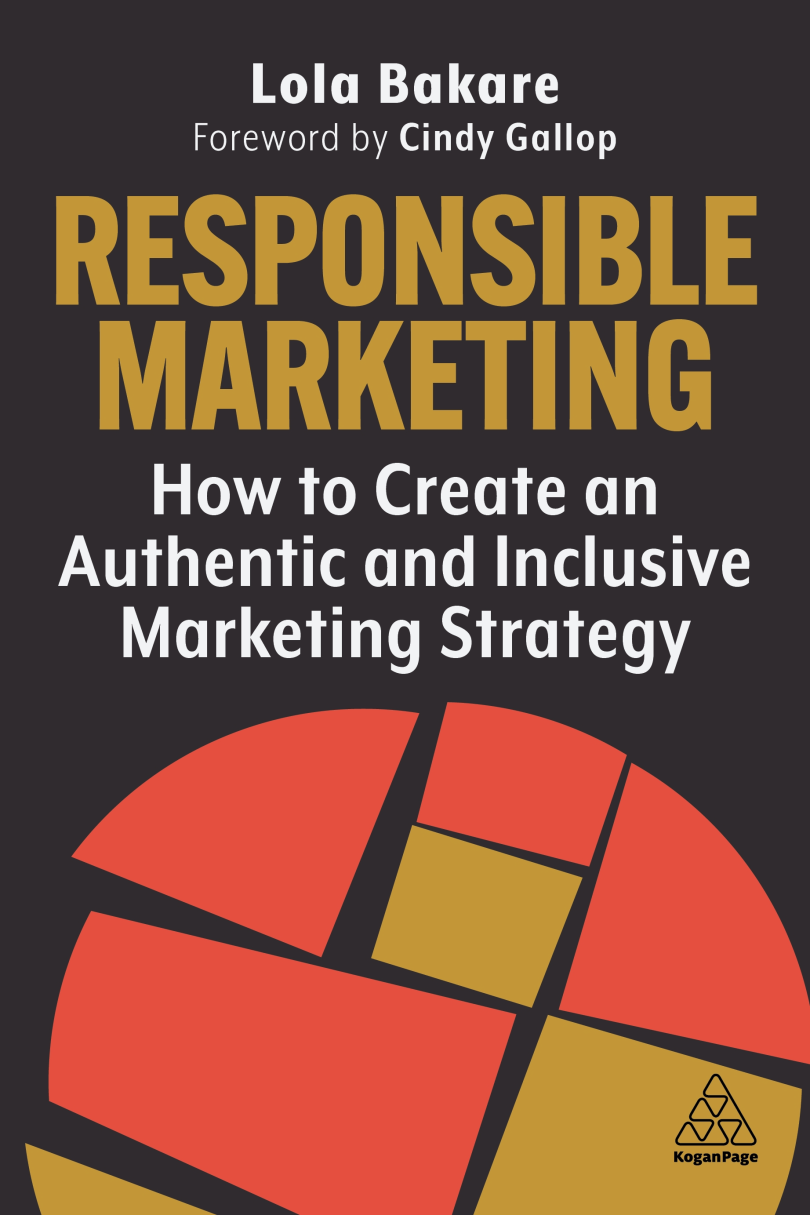With the seriousness of real problems, it naturally follows that marketers tend to see the role of problem solving in an earnest way. We assume that our messaging must be soaked in seriousness, from the images to the tone of the written content.
But this idea is a misconception that leads us to miss out on opportunities to engage with our stakeholders in a lighthearted but engaging way, while still solving for a serious problem.
Humor in Marketing Statistics
- 90 percent of people are more likely to remember a humorous ad than a serious one.
- 72 percent of people would pick a funny brand over a non-funny one.
Use Case: The Power of a Brand’s Well-Timed Joke
Bobbie is an infant formula company seeking to elevate the quality of baby formula by offering an original organic recipe from grass-fed cows. It contains no corn syrup, filler, palm oil or soy. With a goal of supporting every parent, Bobbie offers safe and reliable options for moms who choose the breast, bottle or both.
On April 1, 2024, Bobbie shocked its LinkedIn followers by announcing its organic chocolate infant formula, complete with 100 percent dark cocoa and organic grass fed milk. The initial responses ranged from applause over the “genius” of the idea to confusion about the dietary appropriateness of introducing chocolate to infants.
With four simple words — Happy April Fool’s Day — Bobbie revealed the humor of the post, giving its loyal customers something to smile about, while also attracting the attention of new consumers and using that time in the light to further their social impact.
What Happened to Nuanced Messaging?
When did marketing become a binary drive-through concept where you can only order either “purpose, or humor” … no fries with that either? It’s laugh or cry only!
Are we that lazy? Are we that uninspired? Are we that unable to walk and chew gum? Does keeping it light and fun as Rome burns around us really feel “sooooo refreshing” to the few who know, at least for now, they and theirs are the only ones truly safe from its flames? Are all other lives so meaningless, we truly miss the days we could laugh comfortably while they burned?
Do we hear ourselves? Do we get that even in junior positions, not to talk of C-level ones, our choices in a single day can easily have more lasting influence on more humans than the average human will ever have in a lifetime?
I find it refreshing to have the opportunity to work and lead in ways that prioritize real commercial impact and real social impact beyond the performative — making both outcomes bigger and better than the sum of their parts (and surely any slapstick moment imaginable).
I find it hilarious that some folks think their proud “anti-wokeness” makes them look “pro-business” (I know it’s very confusing), yet the only thing anti-wokeness smacks of is a self-indulgent sense of personal nostalgia … the ultimate distraction and one no business that will endure tolerates from its stewards for very long.
How even more hilarious it is that the purpose/humor drive through franchisees are so focused on their irrational feelings, they’ve lost sight of what they once believed in — that lasting emotional connections are the point, not what those emotional connections are best nurtured with at a point in time, humor, purpose, otherwise.
How Humor Combined With Social Impact Creates Meaningful Change
The darlings of the Aquarius age are taking over because they understand the assignment is about so much more than “make it funny” (even when it does). And those beloved Etsy holiday spots, with no vanity, and such deftness of hand, show those consumed with unhelpful nostalgia how, duh, being hilarious and socially impactful aren’t at cross purposes at all.
In April of 2023, Mrs. Meyer’s Clean Day stepped into the lane of impactful and lighthearted when it enlisted the help of Emmy-winning actor Tyler James Williams to launch the Lots of Compassion program.

Williams plays Mr. Eddie on the ABC sitcom Abbott Elementary, a first-grade teacher who puts his green thumb to work by creating a school community garden. With his help and some references to his television character, the Mrs. Meyer’s brand transforms vacant lots into thriving gardens in historically-excluded communities across the country.
Local communities receive $20,000 grants to plant gardens. In this “art imitates life” ad campaign, the brand used the lightness of a popular sitcom to draw audience attention and spotlight this important social and environmental initiative.
When brands prioritize the goal of solving real problems, the Triple Top-Line Flywheel essentially moves on its own. The proof becomes the message as they just tell people how they are solving real problems and that becomes the marketing.
This edited extract from Responsible Marketing by Lola Bakare is ©2024 and reproduced with permission from Kogan Page Ltd.





